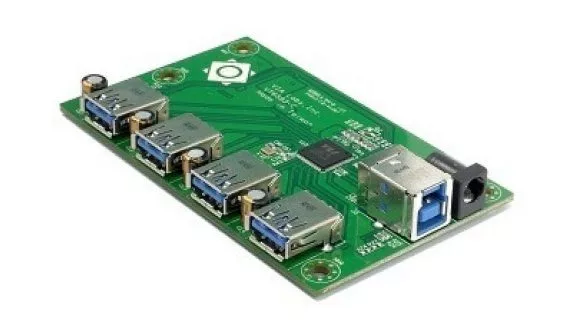
Bench power supplies are like other AC-DC converters, but ‘higher performing’ than the other types. When compared to consumer product power supplies they should have much lower ripple current, finer control over voltage and current levels, protection for circuits under test, and a number of outputs to power multiple circuits or sections of circuits at once. The output of some bench supplies can be stored in memory or even controlled by an external computer in order to perform repetitive or long term testing.
A bench power supply has much more controlled voltage and current parameters than average AC-DC converters and wall bugs. They are intended to be a solid source of power that does not interfere with the operation of the circuits they are powering, so that the user can focus on design and troubleshooting. Most bench power supplies have fine and coarse adjustments so that the desired DC output can be dialed repeatedly with precision. Protections such a voltage limiting, tight voltage regulation while under load and during transient load changes are also strengths of bench power supplies.
Two very useful modes of operation many bench power supplies have are constant voltage and constant current. With the supply set to constant voltage, it will maintain the voltage you have set regardless of the load resistance. In constant current operation, the power supply will maintain the set current regardless of changes in the load resistance. For both of these modes it is assumed that your circuit is consuming power within the specification of the supply, so you do have to consider that. These modes can come in handy for example, when you are able to test a circuit with the current from the power supply being limited and possibly saving the circuit from damage when something goes wrong.
While using a bench power supply to test circuits they can supply multiple voltage levels to different parts of the circuit or to different circuits entirely. Often these supplies have positive, ground, and negative voltage level output jacks to allow for exactly this. There are even bench power supplies with multiple outputs that have specific logic level voltage completely separate from the higher voltage for other parts of your circuits.
Final Bench Power Supply Thoughts
When it comes to powering a circuit or any electronic device for repair, troubleshooting, or analysis, a bench power supply is the tool to turn to. They provide the clean and controlled power you can rely on so that you can focus on the circuit, not the supply. Making use of the settings and readings from the supply can be a great help when a circuit has a power related fault. In a production or development environment the versatility and controls available to a bench power supply make it a powerful tool for designers, engineers, and technicians.














